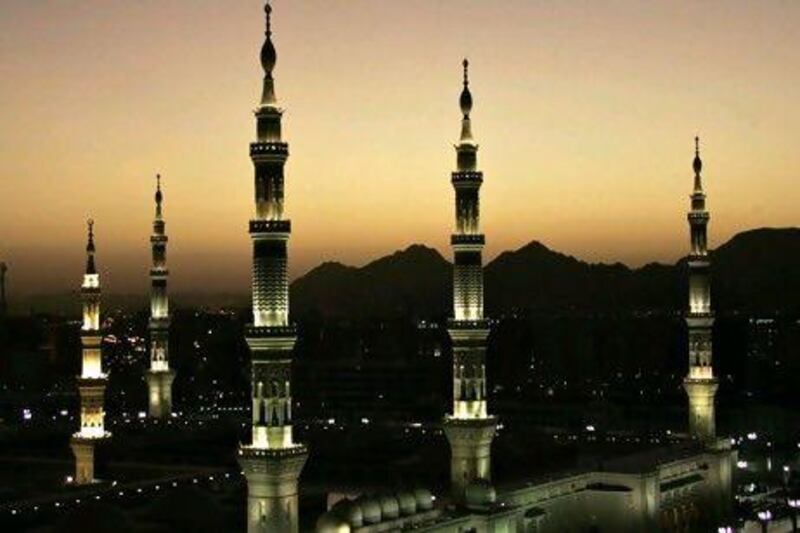Range Holdings Group, a Dubai developer, plans to invest up to US$1 billion (Dh3.67bn) in the next five years on religious tourism projects in the Middle East.
The company's religious tourism division, Range Hospitality, is in the process of building a $100 million five-star hotel in Karbala in Iraq and examining plots in Najaf, Medina and Mecca for projects.
"The amount of money that needs to be raised for projects like this, if it's a loan or something [else], is in excess of $100 million," said Munaf Ali, the chief executive of Range.
"So we are looking at a sizeable investment in the next five years of somewhere between $500m and $1bn of investment."
In recent years, Range has come up with some innovative investment schemes to fund its development projects.
The Al Rawdatain Residences in Karbala is being built using finance raised from tourists buying timeshares in the hotel.
Prices range from $6,325 to $65,550 for studios and two-bedroom apartments to be used for one week every year for the next 50 years.
"We needed to raise a huge amount of capital to build the hotel, so we looked at giving people fractional ownership so they can own their own room for a period of time," said Mr Ali.
Meanwhile, in the Caribbean, Range Developments, another subsidiary of Range, is building a $200m hotel in which, for $400,000, investors can take a share, a portion of its profits and be eligible for full St Kitts and Nevis citizenship, which offers visa-free travel to 139 countries. The programme was launched in Dubai in May by Denzil Douglas, the St Kitts and Nevis prime minister .
But it is the timeshare model Range Hospitality is considering for other religious tourism projects around the region. It is looking at buying plots of land in Mecca, which is already well-served with hotels and amenities for tourists.
"[Religious tourism] is a huge industry," said Mr Ali. "Here in Dubai it's a tourism industry and it fluctuates with how the global economy is doing.
"The religious tourism industry has different dynamics. People will visit Holy cities around the world whether there is an economic recession or not."
Mr Ali estimates religious tourism is worth $18bn worldwide each year with more than 300 million travellers. Karbala receives about 12 million religious tourists each year.
Buyers in the Al Rawdatain hotel can sell their rooms to other tourists if they do not want to use them during the period they have ownership. The hotel takes 30 per cent of the nightly hotel rate and the buyer takes the remaining 70 per cent.
The Al Rawdatain hotel is expected to be completed by next year and Range has received investment from buyers from around the world, including the UAE.
Travel accommodation revenues in Iraq reached $489.3m last year, up from $475.5m the previous year, according to figures from Euromonitor International.





